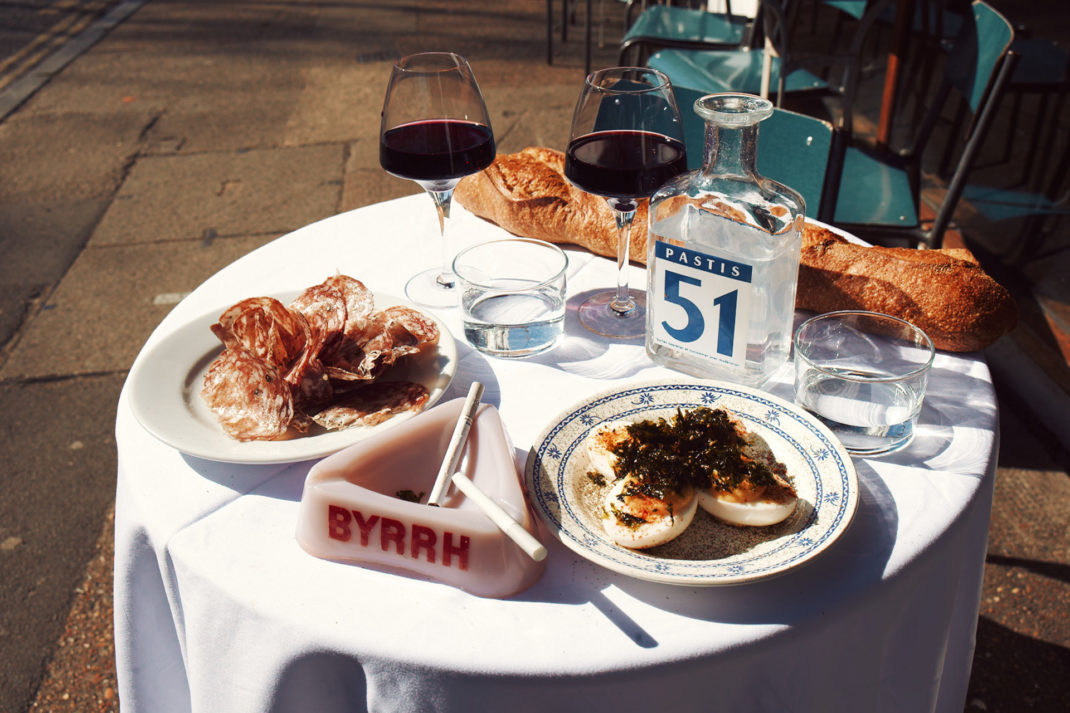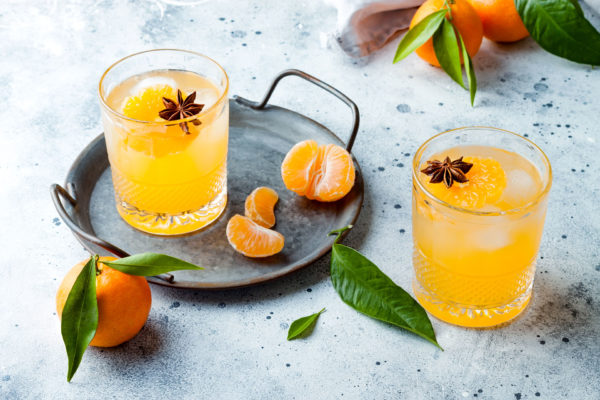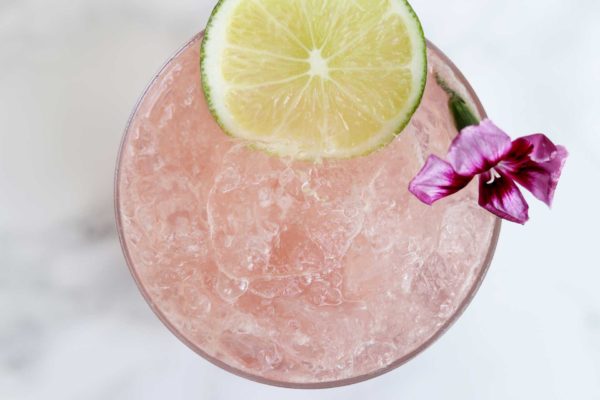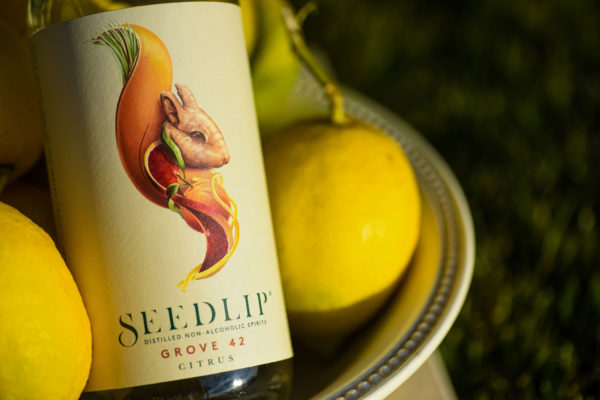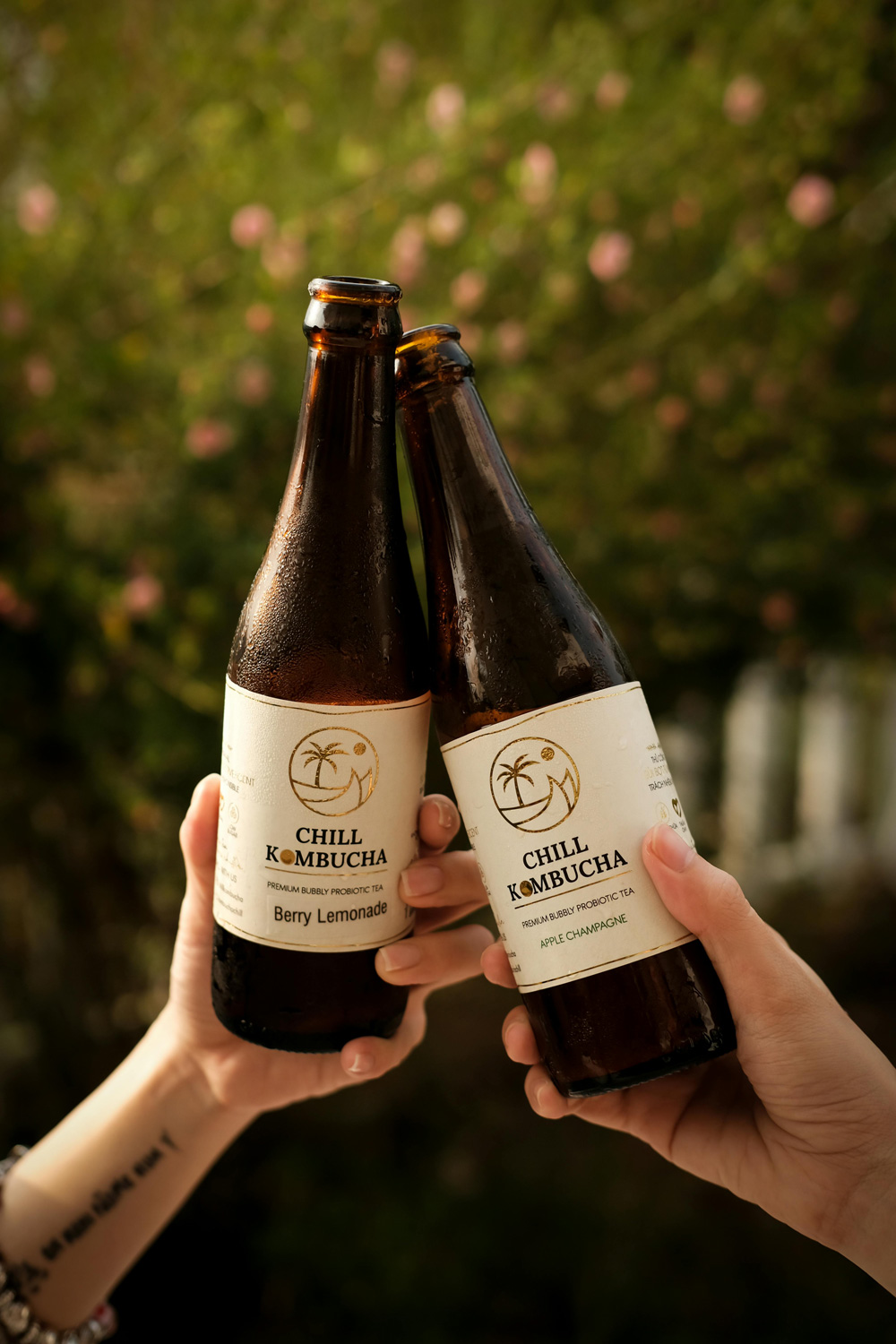
Where Did The Dry January Trend Originate?
By
4 months ago
The history of the alcohol-free campaign
After weeks of overdoing it on the fizz, come January many of us are more than ready to have a break from the booze. Each year, thousands of people sign up to the now-famous Dry January challenge, which involves abstaining from alcohol for a month – but where did the trend come from?
What Are The Origins Of Dry January?
January has long been viewed as a month of abstinence. In 1942, Finland instigated a programme called Raitis Tammikuu (Sober January) – a bid to aid the war effort against the Soviet Union by saving on resources, as well as help prevent alcohol dependency, which had increased during the war.
However, the modern iteration of Dry January can be traced back to an Alcohol Change UK ambassador named Emily Robinson. In 2011, she kicked off the new year by signing up to a February half-marathon, and decided to give up alcohol for the month leading up to it. Her sleep improved, she lost weight and her energy levels skyrocketed – and, of course, she ended up acing the run.
The following year, Emily joined Alcohol Change UK, and the idea for the Dry January campaign was born, with the first challenge running in 2013 with an estimated 4,000 participants. Since then, the campaign has grown rapidly – helped by a partnership with Public Health England in 2015. In 2024, over 215,000 people took part.
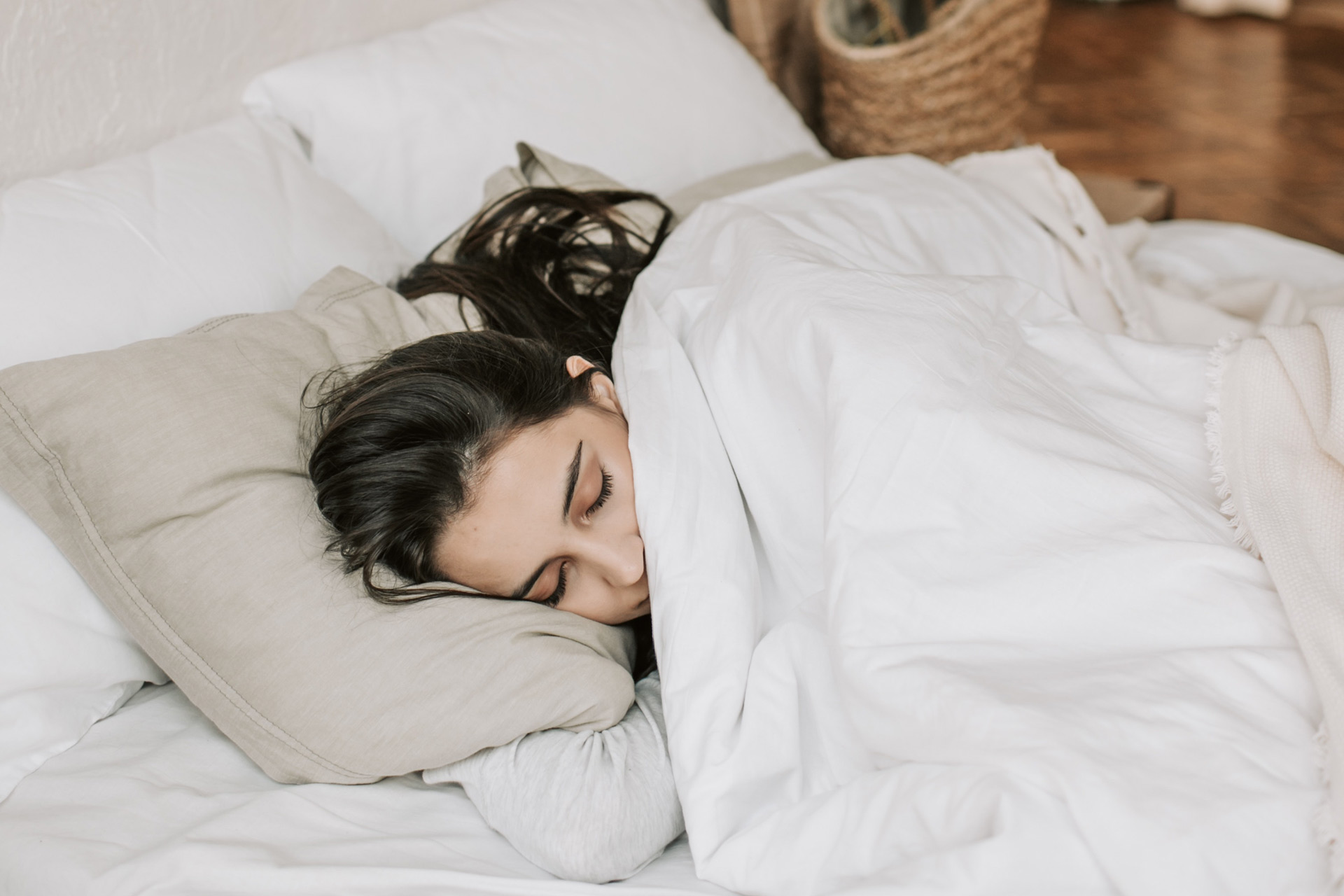
(c) Pexels
What Are The Health Benefits?
Cutting out alcohol for a month brings a whole host of physical benefits. ‘Doing Dry January gives your immune system a boost, and gives you more energy, better sleep, brighter skin, and stronger hair and nails,’ says Richard Piper, CEO of Alcohol Change UK. ‘A month off alcohol also leads to lower blood pressure, cholesterol and diabetes risk, as well as lower cancer-related proteins in the blood.’
There are plenty of perks for your mental wellbeing too: many people experience reduced anxiety, more energy and – crucially – better sleep. ‘Without alcohol in your bloodstream, you’ll be sleeping more deeply and get that refreshed feeling when you wake up in the morning,’ Richard says. ‘It may take a few days for this to happen as your brain unlearns old habits. But the benefits of a deeper, more restful sleep will be on their way. Research shows that 70 percent of participants taking part in Dry January sleep better. They also experience boosted energy levels, sharper concentration, and happier year-round drinking.’
What Resources Can Help?
- Utilise apps, such as Alcohol Change UK’s Try Dry, which records the calories and money you save by cutting out alcohol, as well as keeping track of your current and best ever dry streaks.
- There are plenty of books offering advice, such as Rosamund Dean’s Mindful Drinking, and Ruby Warrington’s The Sober Curious Reset.
- The sober-curious movement is gaining traction on Instagram and TikTok – check out pages like The Sober Girl Society, plus influencers like Millie Mackintosh and Camille Vidal, founder of mindful drinking brand La Maison Wellness.
- Tune into the Try Dry podcast, which offers inspiration and ideas with a panel of experts.



